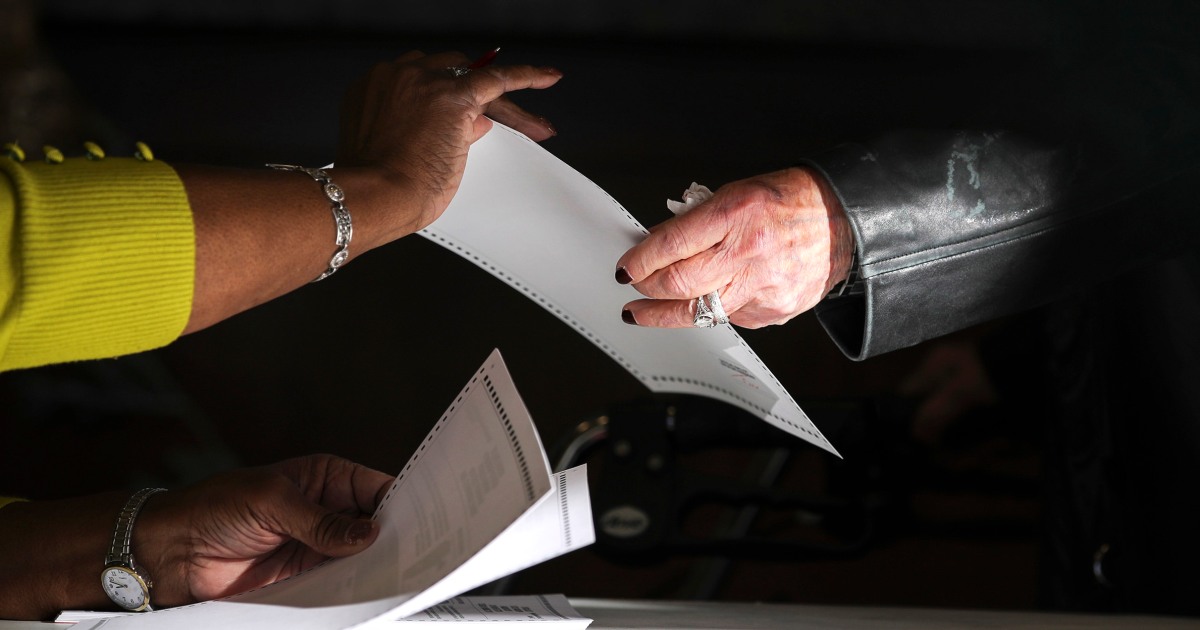These laws are ment to remove rights to the poor and minorities. The justice system would do way more social good by arresting those that commit white collar criminals as this crimes create the majority of blue collar crime.
The largest, by a significant portion, group commiting theft in the US are corporations through wage theft. The second largest group is the cops through Civil Forfeiture laws.
They never prosecute the real thieves.
last year
When the article was written in 2015. I’m sure the situation hasn’t improved, but 2014 is no longer “last year”.
GOOD. What a ridiculous idea that ever was
Does this precedent have gun control implications? Does criminal activity selectively disqualify you from certain constitutional protections but not others?
I certainly have personal thoughts on the matter but curious what it implies more objectively.
The argument almost certainly requires a consistent logical reason for why it should be taken away. The argument for taking away rights to firearms is that they may be more dangerous, which I would bet the court agrees with. What is the harm being caused by allowing felons to vote though?
Your rights are infrenged all the time. They have to have a justifiable reason to do so though. You can be detained with reasonable suspicion that a crime was committed, for example. Your rights are not unlimited.
I have no idea why taking a felons gun rights is constitutional. To me, it opens up other avenues of taking gun rights away from people.
“[No person shall…] be deprived of life, liberty, or property, without due process of law…”
The constitution does not have a problem with suspending an individual’s rights, as long as “due process” is followed. You can deny a person’s right to freedom, to travel, to associate with others. You can deny them the right to own or possess property. You can even revoke their right to life itself, as a punishment for a severe enough crime. The constitution allows all of that.
I have no problem with the idea that a person can be permanently deprived of their gun rights as part of a penalty for a crime, but if that person cannot ever be trusted with guns, they should be under the permanent supervision of the state.
The article is misleading. Currently no state just blanket removes your right to vote just for a felony conviction.
Some states, like Mississippi, will revoke it for specific felonies like statutory rape and murder (although their list is a bit longer than others), but if you got a felony for something like having too much weed you won’t lose it.
This is the best summary I could come up with:
A divided federal appeals court on Friday ruled that Mississippi cannot strip the right to vote from thousands of convicts after they complete their sentences, calling that a “cruel and unusual punishment” that disproportionately affected Black people.
Circuit Court of Appeals faulted a provision of Mississippi’s state constitution that mandates lifetime disenfranchisement for people convicted of a set of crimes including murder, rape and theft.
Circuit Judge James Dennis wrote that the state’s policy violated the U.S. Constitution’s Eighth Amendment, which bars cruel and unusual punishments.
“This is a major victory for Mississippians who have completed their sentences and deserve to participate fully in our political process,” said Jonathan Youngwood, a lawyer for the plaintiffs in the class-action lawsuit.
A spokesperson for Republican Attorney General Lynn Fitch said she would appeal the decision, as “the Supreme Court has signaled that felon disenfranchisement is not punishment.”
Circuit Judge Edith Jones, an appointee of former Republican President Ronald Reagan, noted the U.S. Supreme Court in 1974 held that state laws permanently disenfranchising felons did not violate their equal protection rights under the U.S. Constitution’s 4th Amendment.
I’m a bot and I’m open source!




